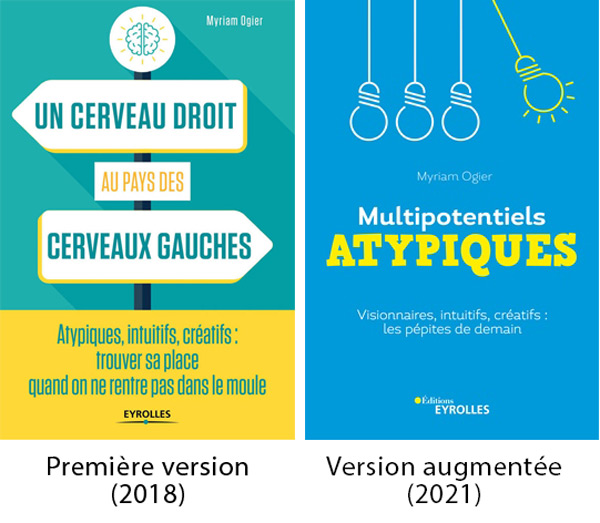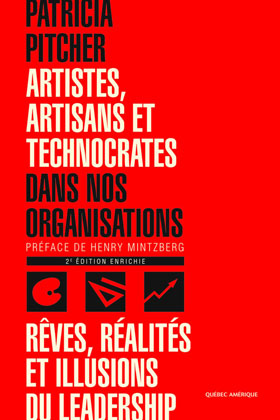Voici 3 articles ou extraits d’articles sur l’importance et les bienfaits de remercier l’autre quand il vous rend service, quand il a bien travaillé pour vous, … Un message qui s’adresse aussi bien aux managers qu’à leurs collaborateurs, aux enfants comme aux adultes, à retenir aussi bien dans sa vie professionnelle que personnelle.
Being grateful is one of the best ways to hold on to power that otherwise might slip away
Expression of gratitude is perhaps the most important basis of enduring power. For economist Adam Smith, gratitude – the feeling of reverence for what others give to us – is the glue to healthy communities: “The duties of gratitude are perhaps the most sacred of those which the beneficent virtues prescribe to us.” Empirical science agrees: gratitude, even a simple “thank you”, is a basis of power.
We can choose to express gratitude in so many ways – public recognition, expressing appreciation by email, by knowing eye contact, a deferential bow, and acknowledging what another person believes. My research has shown that even brief touches to a person’s arm can communicate gratitude – they trigger activation in the reward circuits of the recipient’s brain and soothe stress-related physiology.
Expressions of gratitude create strong, collaborative ties and pave the way for greater influence. Studies find that individuals who express gratitude to others as groups are forming have stronger ties within the group months later. Romantic partners who express gratitude to their partners in casual conversations were more than three times less likely to break up six months later. When experimenters touch participants on the arm in a friendly fashion, those individuals are more likely to sign petitions and co-operate with a stranger. When teachers encourage students with a pat on the shoulder, those students are three to five times more likely to try solving hard problems. Simply being thanked for completed work led participants to be twice as likely to volunteer for more.
Succumbing to the power paradox is the source of so many ills in our social life: anxiety, unethical behaviour and arrogance. But solutions can be found in quotidian practices focused on others, such as the simple “thank you” that punctuates our daily lives.
The Power Paradox by Dacher Keltner is out now (Allen Lane, £16.99, or £13.59 at bookshop.theguardian.com)
————————————————————
Say “Please and thank you.” It’s one of the first lessons we learn as children. Usually eager to please, we do as we’re told. Then the surly teen years hit and all bets are off.
Most of us do come back to some semblance of civility. (Granted, some more than others.) As we grow into adulthood the amount of appreciation we express, and our ability to sincerely say “Thank you” has a dramatic impact on how we relate to others.
Gratitude in the Workplace
Researchers Adam M. Grant and Francesco Gino studied the impact of a sincere ‘Thank You’ in the workplace. Their findings show a 50 percent increase in the amount of additional help being offered as a result of the appreciation. Folks, that’s HUGE.
In a related experiment by the same researchers, the Director of an organization personally thanked half the staff for their contribution to the company. The result? A 50% increase in sales calls the following week from the half who had been shown gratitude. Talk about impacting the bottom line at zero net cost.
Want a more eager team? Try saying Thank You more often.
At this point you’re probably thinking the same thing I am — “Duh, doesn’t take a group of rocket scientists to figure that one out”. Seems pretty obvious, right? Yet, how many work places can you think of that actively embrace and use this philosophy?
You’ve Got It, Now Flaunt It
We all have this very powerful tool, the words “Thank You”. They have the ability to motivate, create good will, make peace, and solidify love and commitment.
And yet, most of us are simply not using this very potent little two word device effectively. Which is nuts. It’s free, it’s easy and it feels good.
Lots of things happen when we sincerely thank someone. First, the obvious, you feel good about yourself for having manners and being polite. But it goes much, much deeper than that for both of you.
—————————————————-
Posted by Lauren Bearman
Words can have a big impact, and two of the most impactful are “Thank you”. In day-to-day life these words make all the difference as to how you are perceived; forgetting to say them appears rude and that you take things for granted, whilst saying them demonstrates respect, and genuine appreciation. So if all this emanates from two simple words in the every day, imagine the impact they can have in the workplace.
A large number of employees feel under-appreciated and frustrated at work. Today’s working culture tends to be frenzied and demanding, requiring long hours or sacrificed weekends, all for the good of the company. Yet despite all this, too many managers forget the importance of saying thank you. For a staff member going above and beyond, a straightforward thank you is often enough to make it worthwhile. Knowing that their efforts have been acknowledged will make them feel valued and much more willing to do it again when necessary. Conversely the lack of a thank you is likely to make an employee feel demeaned and frustrated, and in the long-term is very likely to drive them away. It’s amazing how much power “thank you” carries.
Of course, a thank you can come in all shapes and sizes; the spoken word is only the beginning. An increasing number of businesses are seeking bigger and better ways to thank their staff because appreciation is a proven route to a positive and productive environment. Happy staff are productive staff, which makes them well-worth investing in and the variety of incentives and rewards programmes available reflect this. If your company ethos makes employees a priority then the best will want to work for you and want to stick around.
Specific incentive programmes can make it easy to accomplish this for a whole host of reasons. They may appear to be formal, but they actually make it personal. Rewards initiatives bring high-performing staff to the attention of the management so they feel singled out and appreciated. It also allows their talents to be noted and nurtured for positive development within your business. This approach makes it possible to provide a targeted reward and avoid the uniformity, which can cause resentment and frustration. Some programmes allow staff to choose their own rewards, so that satisfaction is guaranteed. After all, not everyone derives pleasure from the same thing.
Making rewards targeted and personal doesn’t make them exclusive, quite the contrary in fact. Programmes should be open to all, so that each and every member of staff is encouraged to achieve. This generally drives ambition and performance as everybody strives for recognition and awards. It promotes a feel-good factor at work and at home, to be able to share with those close to you that your work has been recognised and lauded. Making these opportunities available to all can only promote desirable behaviours in the workplace and drive productivity
In this way rewards initiatives are great for relationship-building. They enable senior managers to personally acknowledge those staff members who are excelling, which makes for improved working relationships and mutual respect. It also demonstrates that managers are interested in each team member’s personal contribution. It’s so easy for those at the top to forget the hard work involved in getting there! Rewards initiatives act as a reminder to senior staff that they should be thanking and rewarding their teams on an ongoing basis.
Likewise, enabling your managers to reward and thank their teams will have a positive effect on them as well. Put simply, saying thank you feels good and will empower your senior staff to realise the positive impact that their roles can have. In this way staff at all levels feel the benefit of an incentives programme. Retaining the best employees is deeply important in today’s competitive marketplace. Rewarding staff and creating high morale in a positive working environment is a fast track to achieving this. In short, saying thank you, in any form, rewards hard work and makes staff feel good, which ultimately improves your team and makes your company more profitable.





Laisser un commentaire